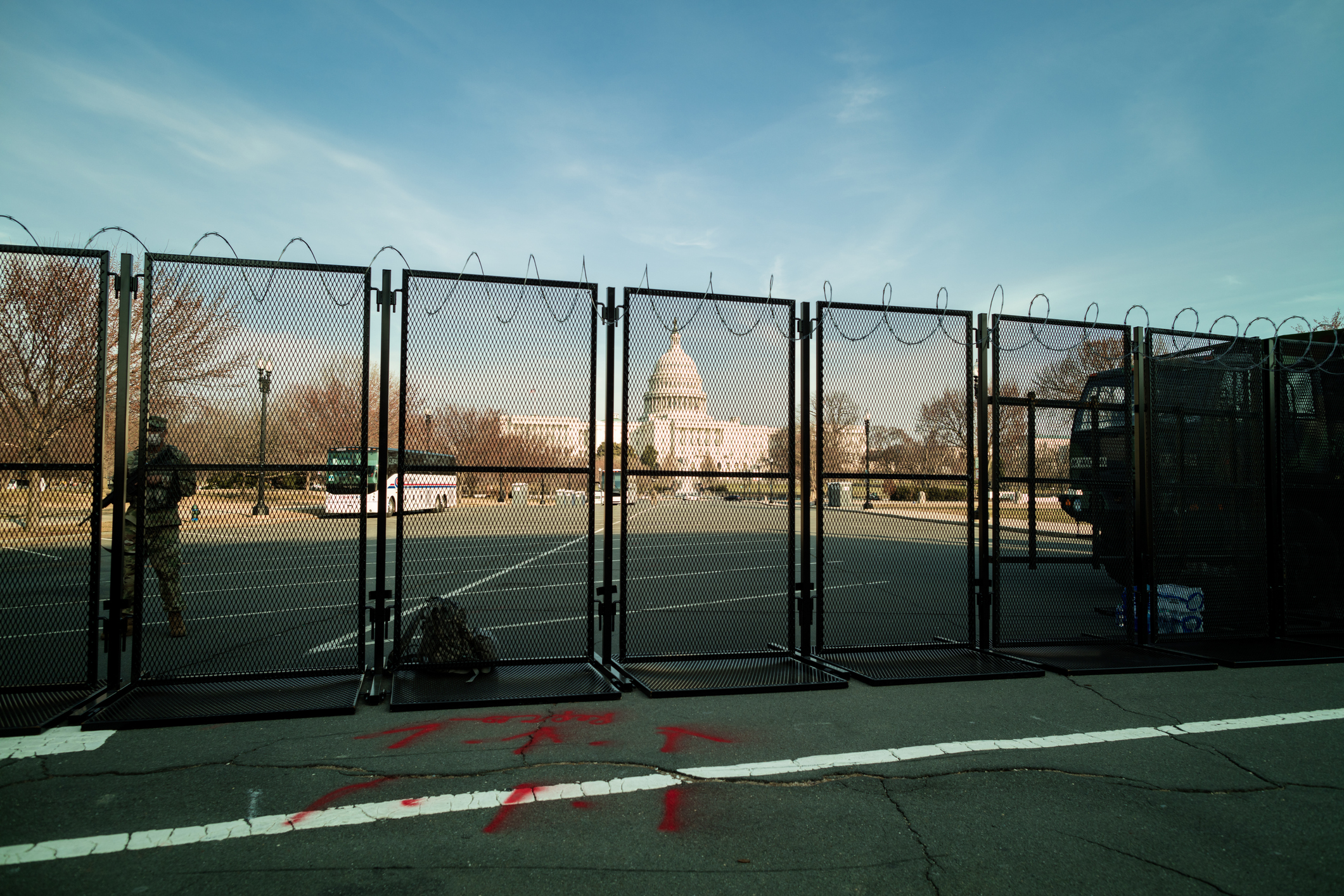

Guest Column by Lesley Rosenthal
To mark the second anniversary of the January 6 attack on the U.S. Capitol, Rosenthal took inspiration from Frederick Douglass’s powerful 1852 exhortation to the nation, “What, to the American slave, is your 4th of July?” Rosenthal is an advocate for the arts and justice, serves as chief operating officer and corporate secretary of The Juilliard School, and participated in the 2022 World Justice Forum.
What, to the American, is the 6th of January?
I answer: a shameful day when a sitting president lost an election, and asked for a civil war.
I answer: a day for condemnation: of our fellow countrymen who attempted, by deceit and by force, to prevent the peaceful transfer of power. Of those who attacked the people, the property, and the sanctity of our government. Of those who attempted through violence to overcome the will of the people. Of those who attacked the rule of law. Of those more than 2,000 violent rioters, many armed with weapons, tasers, batons, and zipties, who betrayed their own country.
I answer: a day for reflection: for those who, like Oath Keeper Graydon Young, today acknowledge the shame and embarrassment of a traitor; for those who like National Guardsman Abram Markofski, today admit that their actions put them on the other side of the line from their compatriots in the army and the oaths they took. For those who, like Garret Miller, Lewis Cantwell, and Stephen Ayers, blindly followed the instructions of a leader to participate in an attack without discerning that their leader didn’t believe his own lie.
I answer: a day of mourning: for Officer Brian D. Sicknick of the Capitol Police, who was attacked by the mob; Officer Jeffrey Smith of the Metropolitan Police Department, who killed himself after the attack; Officer Howard S. Liebengood of the Capitol police, who died by suicide; Gunther Hashida of the Metropolitan Police, who died by suicide; and Metropolitan Police Officer Kyle DeFreytag, who died by suicide. For the 150 officers of the Capitol Police, the Metropolitan Police Department and local agencies who were injured. For the hundreds of workers who were traumatized by the mob.
Americans! We boast of the largest economy in the world, of our military superiority, of our technological prowess, of our cultural imprint on the world. How are these not flagrantly inconsistent with our dark-moneyed politics, our barely-two-party system, our 24-hour news cycles, our filibusters in place of reasoned debate, our failure to teach critical analysis, basic statistics, and civics to our children? We have forgotten the Golden Rule; we have ignored the rules learned in Little League: win or lose, you shake the hand of the other team and say, “good game.” Our national inconsistencies, as Frederick Douglass said of the existence of slavery, destroy our moral power abroad and corrupt our politicians at home. This year and every year following, let us turn the 6th of January into an annual day for action. Let us develop rituals for yearly remembrance.
Let us annually recall the names of its victims. Let us annually recite the plea allocutions of the remorseful, and let us annually narrate the guilty verdicts of the convicted. Let us annually recount the violence against our body politic, and let us condemn it.
Let us make January 6th a day devoted to civics education and voter registration.
Let us make January 6th a day of reckoning – through words, deeds, and works of art – of how our democracy narrowly escaped peril.
And then, like Frederick Douglass, notwithstanding this “dark picture,” we will “need not despair of this country.”






